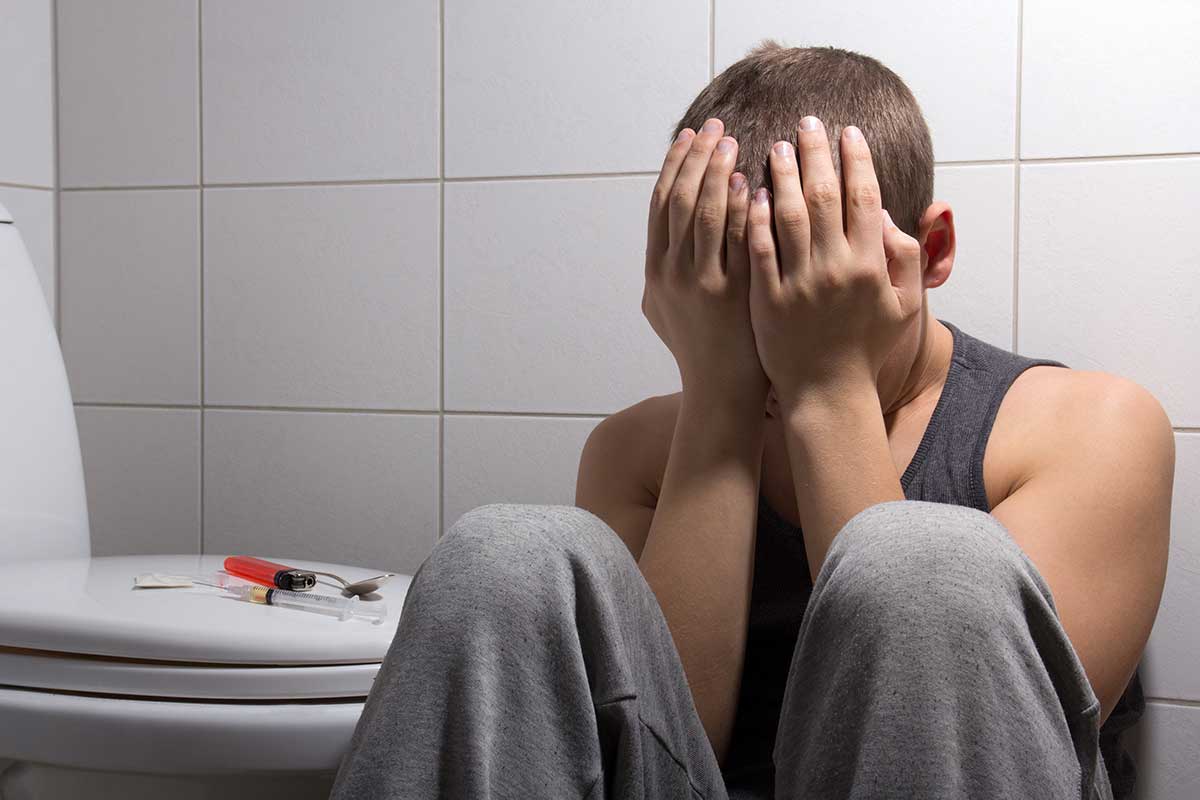If you’ve made a commitment to sobriety and then you experience a relapse, you might feel disappointed, angry, frustrated, or sad. You might even begin to feel like you’ve lost hope, as though it’s going to be difficult to get back on the road to recovery. However, it’s important to remember that addiction relapse is part of the journey. Instead of feeling upset and discouraged, turn to the help of your addiction treatment center. From here, you will be able to continue your addiction recovery journey and get back on track.
Coming Back from an Addiction Relapse in Recovery
There is a way to start anew after relapse. In fact, you can make your relapse work for you instead of against you. Here’s how:
- Don’t beat yourself up. Relapse is something almost everyone in recovery experiences at least once. About 80% of people who are in recovery relapse within the first year. So, don’t beat yourself up, if you are. Instead, make it a point to make a fresh start.
- Use the relapse experience as a learning opportunity. Your relapse could be a turning point, depending upon how you look at it. Knowing that relapse is normal can help you use it as a learning experience for strengthening your sobriety.
- Recommit to sobriety. So you’ve fallen off the horse. All you need to do now is brush yourself off and get back on. Recommit to your goals. In fact, you might want to write down who or what you’re staying sober for. It could be your children, career, or your marriage. Get in touch with what’s motivating you and recommit to your recovery.
- Amp up your support. Now that you’re recommitted, double your attendance to 12-step meetings. If you were going once per week, go twice. If you were going once a day, attend one in the morning and another in the evening. You may want to also make a list of all those who are supporting you and who you can call when you feel yourself starting to give in to cravings. When people feel supported, they have hope, courage, and inner strength with which to face challenges like cravings.
Tips to Help You Stay on the Road to Addiction Recovery
These are a few suggestions for turning relapse into a reason to strengthen your recovery. Once you’re back on track, here are a few more tips to keep you on the road to recovery:
- Learn relaxation techniques. When you can learn how to relax, you will tend to feel less anxious and overwhelmed by life’s stresses. And in turn, you will be less likely to turn to drugs and alcohol to cope.
- Know your triggers. When you are triggered (by certain people, places, or things) you may turn to substances to cope with your feelings. However, if you know ahead of time what your triggers are, you can prepare ahead of time as well as utilize the support you have.
- Take care of yourself. When you’re eating well, getting enough sleep, and exercising, your psychological well-being along with your physical well-being is better supported. Learning to take care of yourself is one of the biggest challenges for recovering addicts. But once you’ve got it down, you’re more likely to maintain your sobriety.
Also, keep in mind that if you can establish a regular schedule of taking good care of yourself and attending recovery-related meetings and appointments, you’re likely to stay sober longer. And the longer you can stay sober, the greater the chance you’ll be able to continue your sobriety. In fact, according to a Harvard University research study, if a person can stay sober for five years, relapse is rare.
Preventing Relapse with Westwind Recovery®
While relapse tends to be a part of the overall recovery journey, relapse prevention plans help reduce your risk. At Westwind Recovery®, we provide clients with the tools, skills, and guidance they need to stay on track in their recovery. We also help them find their way back from an addiction relapse. To learn more about our addiction treatment therapies and begin with the help you need, contact Westwind Recovery® today at 855.340.8832.

Dr. Deena is the Chief Clinical Officer of Westwind Recovery®, an award-winning outpatient treatment center in Los Angeles where she oversees the clinical and administrative program and treatment methods. Dr. Deena is a doctor of psychology and licensed clinical social worker since 1993. LCSW #20628. Originally from the East Coast, Dr. Deena has worked running treatment centers, worked as a therapist in psychiatric hospitals as well as school settings and currently has a thriving private practice in the LA area. Dr. Deena has appeared regularly on the Dr. Phil Show as an expert since 2003. She has also been featured on many other TV shows, podcasts and has contributed to written publications as well as podcasts.



